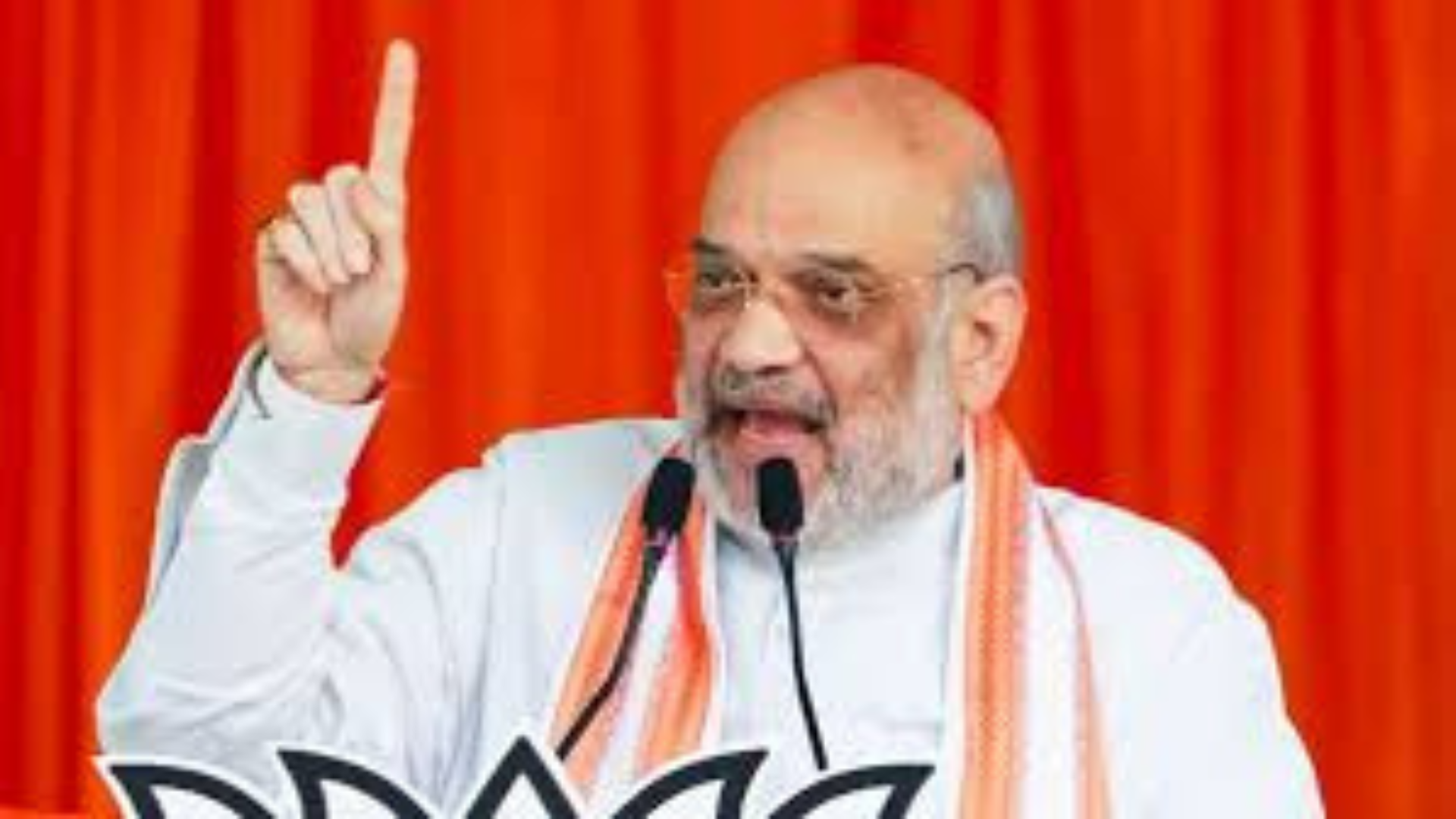Union Home Minister Amit Shah praised the first Budget of the Modi 3.0 government presented by Finance Minister Nirmala Sitharaman on Tuesday, describing it as a pro-people and pro-development visionary Budget for 2024-25 that accelerates India’s progress towards becoming a developed nation.
On his social media handle on the microblogging site X, Amit Shah posted, “The Budget 2024-25 not only exemplifies Bharat’s newfound sense of purpose, hope, and optimism under the PM Modi Ji-led NDA government but also fortifies them.”
“Harnessing the power of Bharat’s youth, Nari Shakti, and farmers, the budget fuels the nation’s pace on the path of emerging as a developed nation by ushering in a new era of employment and opportunities,” read the post.
Amit Shah also expressed his heartfelt gratitude to Prime Minister Narendra Modi and Finance Minister Nirmala Sitharaman for the “pro-people and pro-development visionary budget.”
Assam Chief Minister and BJP leader Himanta Biswa Sarma also hailed the Union Budget, stating that it lays down a solid road map to maintain India’s growth momentum and aims to propel the economy forward.
“My compliments to Hon’ble Union Minister Nirmala Sitharaman Ji and her team for presenting a budget that lays down a solid road map to maintain India’s growth momentum and seeks to propel our economy to the world’s third-largest, as envisioned by Hon’ble Prime Minister Narendra Modi Ji,” read the post.
Finance Minister Nirmala Sitharaman presented her record seventh consecutive Union Budget 2024-25 today (July 23) during the Budget Session of Parliament. She made history as the first finance minister to present seven consecutive budget speeches, surpassing former Prime Minister Morarji Desai’s record of six consecutive budgets as finance minister between 1959 and 1964.
In her seventh consecutive Union Budget for 2024-25, FM Sitharaman outlined key priorities aimed at fostering economic growth and creating ample opportunities. The priorities include Productivity and Resilience in Agriculture, Employment and Skilling, and services.
She listed productivity and resilience in agriculture, employment and skilling, inclusive human resource development and social justice, manufacturing and services, urban development, energy security, infrastructure, innovation, research and development, and next-generation reforms as nine priority areas for the government.
In her budget speech, Sitharaman introduced an increased standard deduction and revised tax rates for salaried individuals under the new tax regime. She announced a significant set of income-tax reforms for the fiscal year 2024-25, aimed at simplifying tax laws, promoting compliance, and fostering economic growth.
The finance minister highlighted the strong adoption of the simplified corporate tax regime, which now accounts for 58 per cent of corporate tax revenue in 2022-23.
Sitharaman also announced financial assistance to states including Bihar, Himachal Pradesh, Assam, Uttarakhand, and Sikkim that have suffered losses due to floods and other natural calamities.
The Finance Minister announced an investment of Rs 10 lakh crore under the PM Awas Yojana Urban 2.0.
In her budget speech, Sitharaman proposed the creation of employment for about 4.1 crore youth over the next five years. For this, the finance minister has allocated Rs 2 lakh crore.
Similarly, to skill citizens and generate job opportunities, she proposed Rs 1.48 crore. Over a five-year period, 20 lakh youth will be skilled. A total of 1,000 industrial training institutes will be upgraded.























